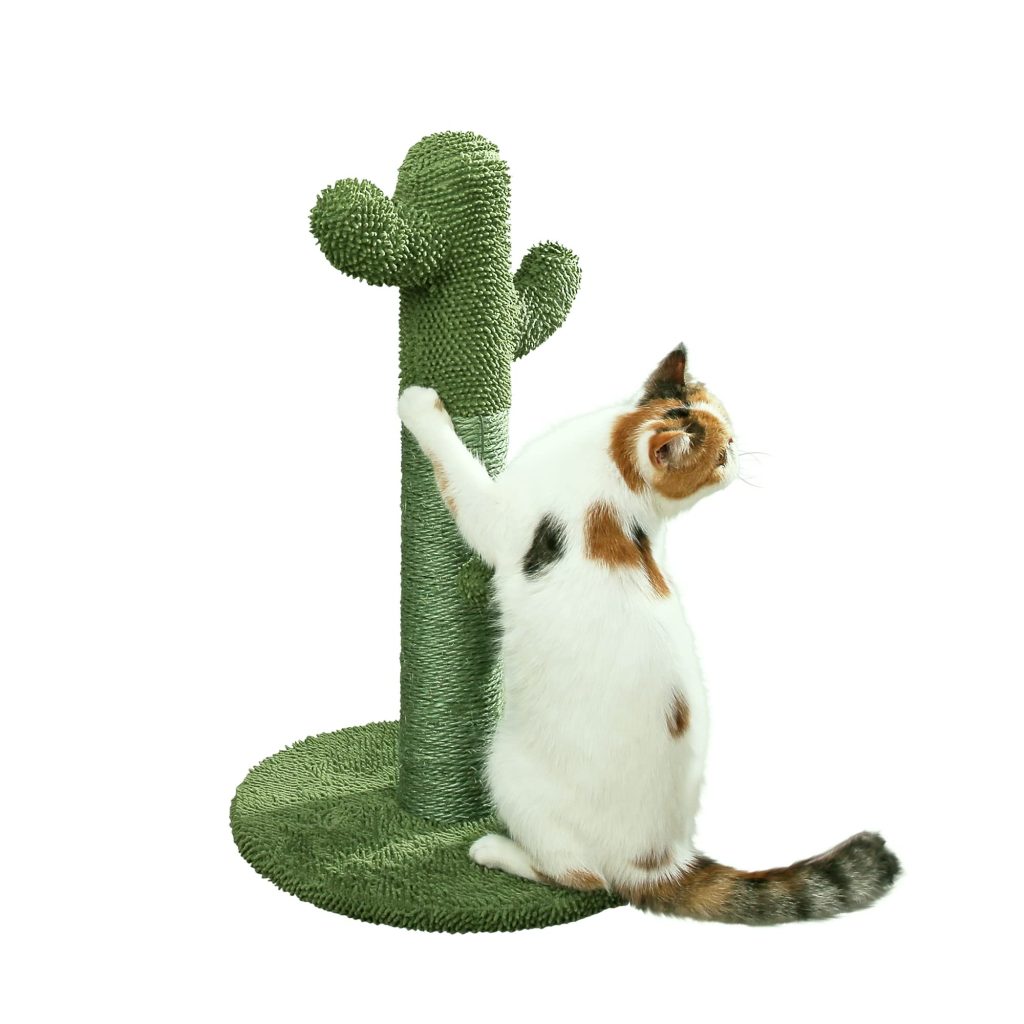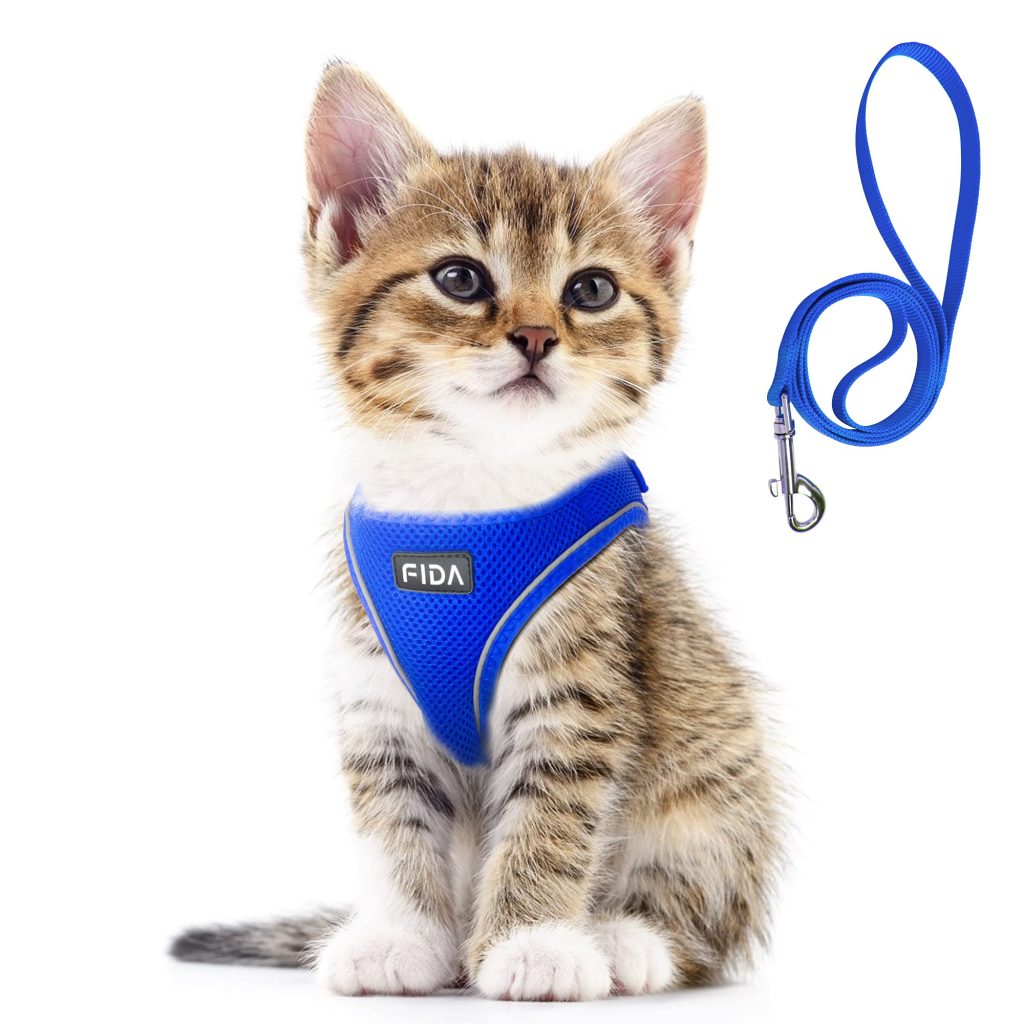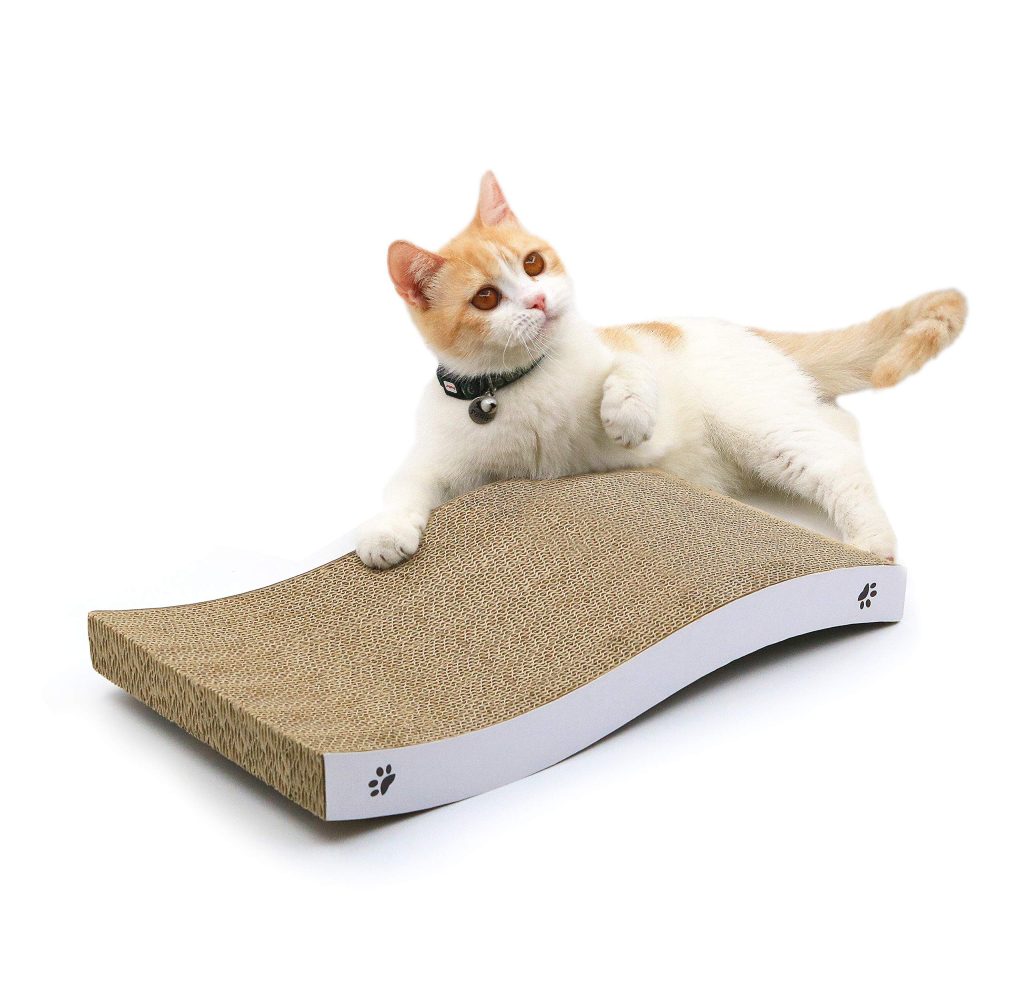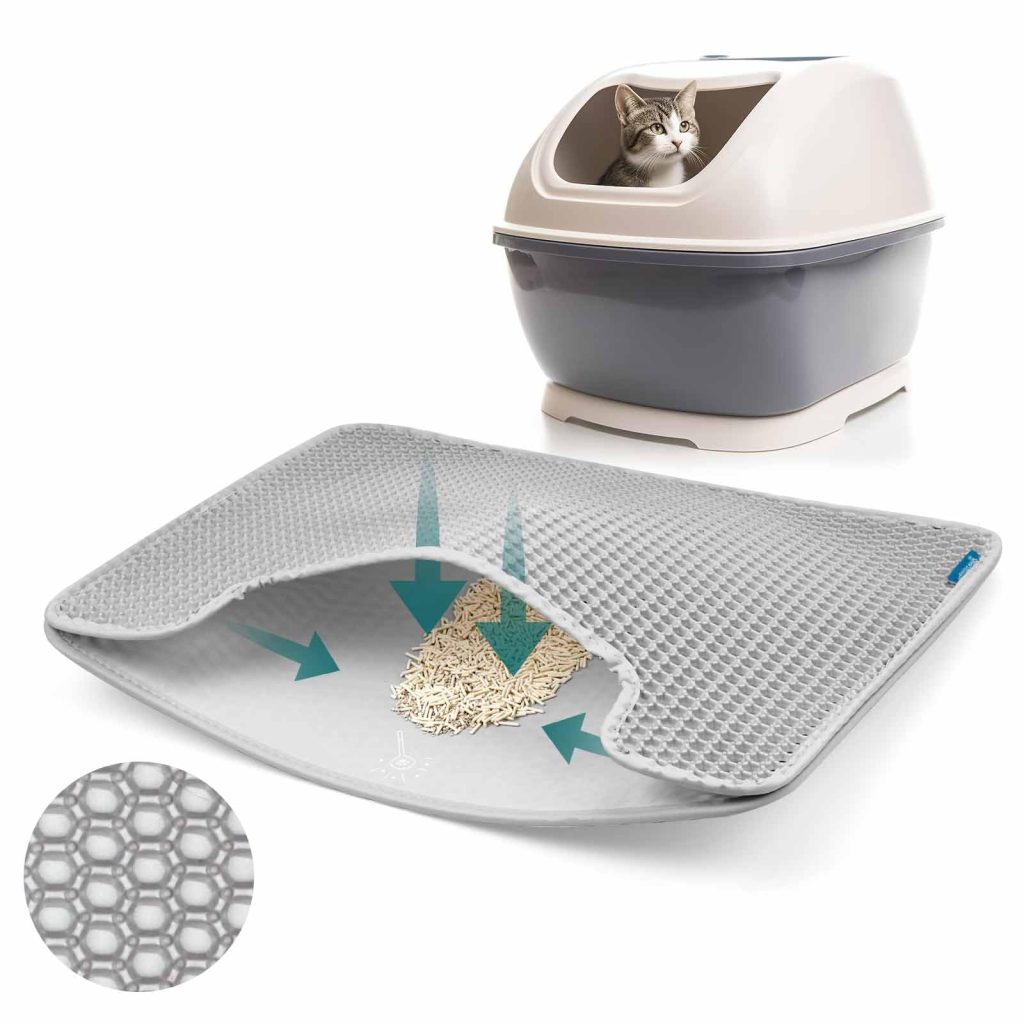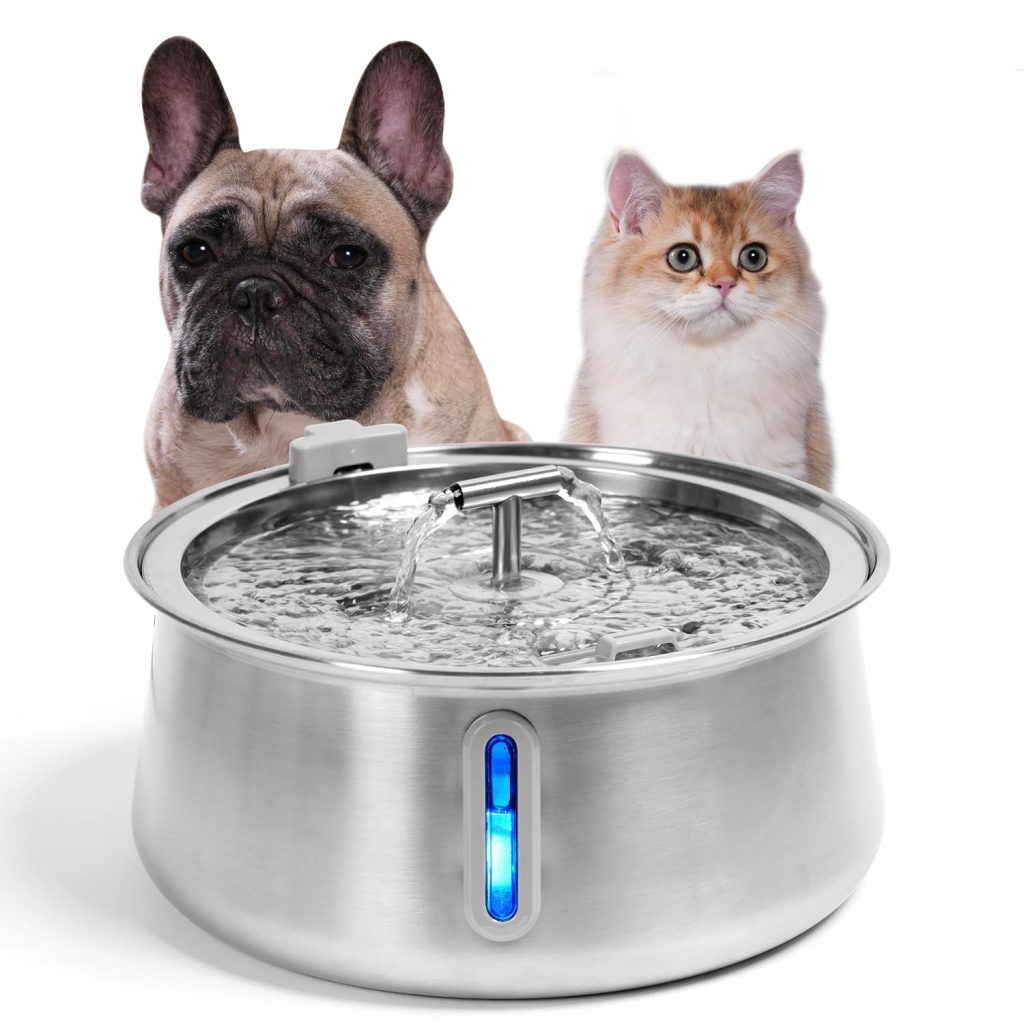
Cats are known for their territorial nature, and one way they mark their territory is through urine spraying. While this behavior can be frustrating for pet owners, it is important to understand its significance for feline health and well-being. By understanding the nutritional components of marking behavior and its positive impact on cats, we can learn how to cope with this natural instinct.
Significance for Feline Health
Marking territory is an innate behavior in cats that serves several important purposes. Firstly, it helps cats establish boundaries and communicate with other felines in their environment. By leaving their scent, cats are able to signal their presence and assert their ownership over a particular area.
Moreover, marking behavior is closely linked to a cat’s emotional well-being. Cats are highly sensitive animals that rely on a sense of security and familiarity in their surroundings. By marking their territory, cats create a sense of comfort and control over their environment, reducing anxiety and stress levels.
Additionally, territorial marking can provide valuable information about a cat’s health. Changes in marking behavior, such as an increase in frequency or intensity, may indicate underlying medical issues. It’s important to monitor and address any abnormal marking behaviors to ensure the overall health of our feline companions.
Nutritional Components
Understanding the nutritional aspects of marking behavior can help pet owners better manage this instinctive behavior in cats. Marking is not solely a behavioral issue but can also be influenced by a cat’s diet and overall health.
Adequate hydration is essential in preventing excessive marking behavior. Cats have a low thirst drive, which makes them prone to dehydration. Ensuring access to fresh water and incorporating moisture-rich foods into their diet can help maintain proper hydration levels and reduce the need for territorial marking.
In addition to hydration, providing a balanced diet is important for feline well-being. High-quality cat foods that contain optimal levels of essential nutrients, such as proteins and amino acids, can help support a cat’s overall health and reduce stress-related behaviors.
Positive Impact on Cats
While territorial marking can be challenging for pet owners, it is important to recognize its positive impact on cats. Marking behavior helps cats feel secure and in control of their environment, reducing stress levels and promoting overall well-being.
Furthermore, marking allows cats to communicate and establish boundaries with other felines in multi-cat households or outdoor environments. This helps prevent conflicts and potential aggression, promoting harmonious relationships between cats.
By understanding the significance of marking behavior and its role in maintaining feline health, pet owners can take proactive measures to cope with this instinctive behavior. Creating a safe and enriching environment, providing proper hydration and nutrition, and addressing any underlying medical issues can help minimize excessive marking and ensure the well-being of our beloved feline companions.

